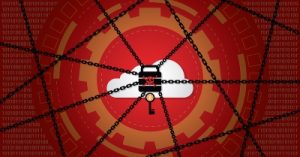
Under its umbrella mission of "securing the nation from the many threats we face," the Department of Homeland Security (DHS) defines several mission areas critical to meeting this goal. These include countering terrorism and preventing threats, securing and managing borders, administering immigration, securing cyberspace, building resilience, and responding to incidents, as well as combating crimes of exploitation. To support these areas, the DHS Innovation, Research & Development Strategic Plan defines eight scientific areas as focal points for research:
- Advanced sensing
- AI and autonomous systems
- Biotechnology
- Climate change
- Communications and networking
- Cybersecurity
- Data integration, analytics, modeling, and simulation
- Digital identity and trust
In a previous post, we looked at DHS's work with artificial intelligence (AI), digital identity, and climate change. In this post, we'll take a look at the activity happening in more of these eight areas. Continue reading








